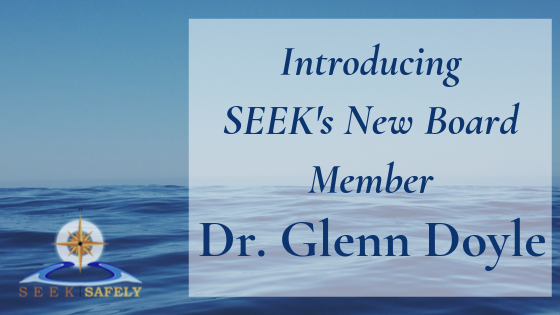
The 10 Year anniversary of Kirby, James Shore, and Liz Neuman’s deaths just passed. We continue the work of SEEK Safely, ever expanding and adapting to a changing self-help industry. With that in mind, we are so excited to announce the addition of Dr. Glenn Doyle to our Board of Directors. We have shared some of his work before, and we really appreciate having his “insider” voice, as both a champion and critic of the self-improvement world. To introduce him, we have done a bit of an interview. Please read about our newest member below. Later this week I will share the rest of the interview, which focusses on his plans for getting involved with SEEK!
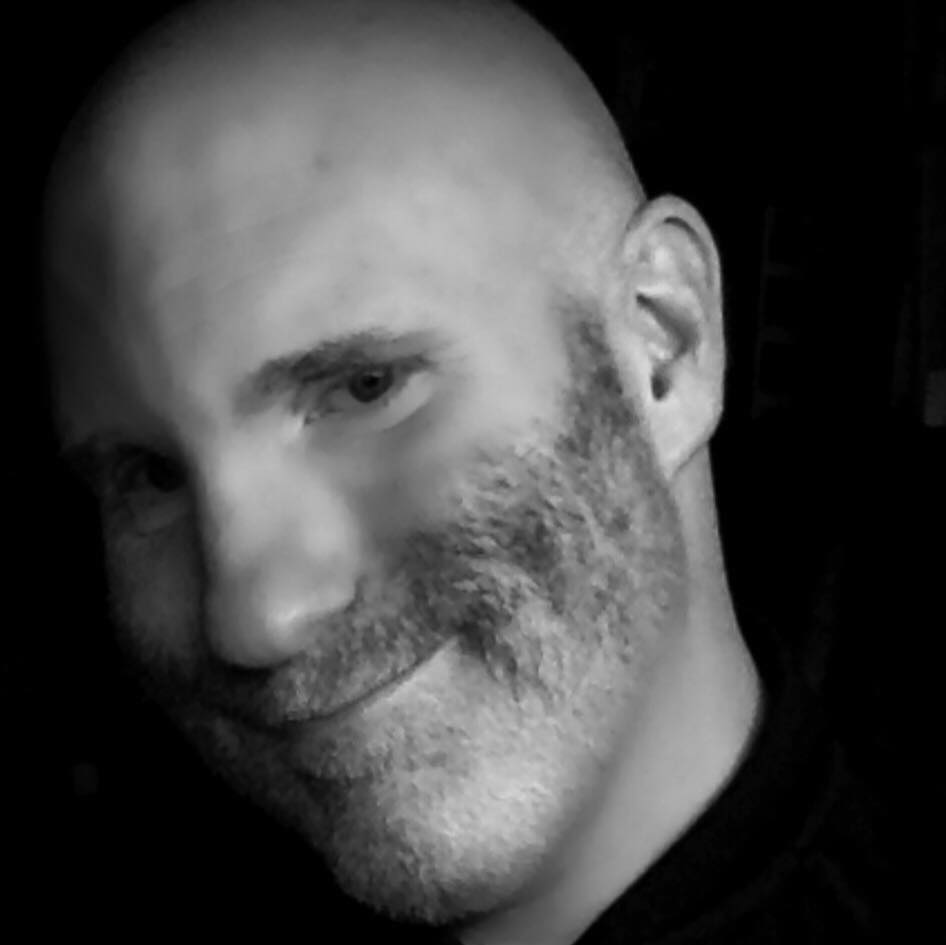
Dr. Glenn Doyle
Q: Tell us a bit more about your background.
A: I actually started my college career studying music at the University of Kansas, because I wanted to be a rock star when I grew up.
Not metaphorically— like, an actual rock star.
I loved Billy Joel and the Beatles, especially John Lennon. I wanted to do what they did—specifically, to have the kind of powerful, positive impact on others that those guys had on me when I listened to their music.
I loved music for the way it can grab you by the heart and shake the emotional loose change out of your pockets. Still do.
A couple years into my college career, I switched over to studying psychology… because I wanted to be a self help guy. More on that in a sec.
I graduated from the University of Missouri in Kansas City in 2001, then headed out east to study clinical psychology at the American School of Professional Psychology in Washington, DC. I earned my Master’s in clinical psychology in 2006, then my Psy.D. (Doctor of Psychology) in 2008.
My initial area of clinical interest was psychological trauma. I’d spent a good chunk of my training experiences working with adults who had been abused as children, and my dissertation had been all about integrating different types of psychotherapy in the treatment of complex PTSD.
In those first few years out of grad school, I worked almost exclusively with trauma survivors in inpatient (hospital) and outpatient (day program and private practice) settings.
Most of my work at that time was with people who were at the end of their rope— people who were struggling with suicidality or serious self-harm urges.
Helping people who have been wounded by trauma to get up and functioning again truly teaches you things about real world recovery that graduate school never will.
It was in doing this work that I learned that elegant, sophisticated psychological theories are great… but they don’t mean much if someone can’t put together a practical, day to day toolbox of skills and tools to cope with real life.
I’ve been in my own practice since 2011. I work with a wide array of patients and clients who have the courage to sit down in a therapy office and take a good, hard look at what’s working and what’s not working in their lives.
I see courage and perseverance working with people in therapy that you wouldn’t believe.
My patients and clients are my heroes— no joke.
Q: Where does your interest in self-help originate?
A: My interest in self-help originated when I was in high school— and, like most people who are into self-help, I came to it because I was searching kind of desperately for my own tools and answers.
As a kid, I felt sad and lonely a lot. I didn’t relate easily or well to other kids, and I had no idea why.
I struggled to focus and follow through with my schoolwork, despite the fact that I was supposedly “smart”— which made me even more sad, anxious, and confused. By the time I was a teenager, these experiences had all kind of accumulated to the point where I felt pretty lousy day to day.
The thing is, I didn’t have any real idea what to do about the way I felt, let alone how to change my self-defeating habits. I just didn’t have the words for it— not to mention, to admit how lousy I felt and how much I was struggling would have been embarrassing. I didn’t feel like I had many options.
Then… I stumbled across the self-help section of the bookstore.
For the first time, I was exposed to the idea that maybe the fact I felt lousy wasn’t a function of me being defective— that there were these things called “anxiety” and “depression” that, as it turned out, weren’t normal.
Who knew?
Self-help was a revelation for me because it offered me some answers and some ideas at a time when I really needed them… and the fact that these answers and strategies came primarily out of books meant that I could explore them at my own pace, without the pressure of involving my parents, or a school counselor, or anyone else I didn’t feel like opening up to.
So, I started reading self-help books by guys like Anthony Robbins, Nathaniel Branden, and M. Scott Peck.
Not only did they make a real difference for me in how I thought and functioned, but they also opened me up to this idea that I wasn’t alone in my struggles.
I know now that many, many people get their first taste of “therapy” through self-help resources. And for a lot of people, self-help resources are as close as they consistently get to therapy on an ongoing basis.
Which is exactly why I’ve come to believe as strongly as I do that the direction and integrity of the self-help field matters.
Q: You have a wonderfully honest, personal way with your audience, but you offer a perspective that is still rooted in science. Can you speak a bit about how your background as a psychologist informs your approach to helping people with personal development?
A: Thank you for that compliment. I’ve worked hard to establish that relationship with my social media audience— though they do make it easy by being the most realistically positive community I think I’ve ever seen attached to a social media page.
I became a psychologist in the first place because I wanted to be a self-help guy.
I know from firsthand experience that self-help is how many, many people first get exposed to a lot of what therapy and recovery is all about.
There are lots of people who will likely never see the inside of a therapist’s office, but who have read dozens and dozens of self help books.
I also know, from firsthand experience, that the self help genre can vary wildly in terms of its quality and its basis in any kind of behavioral science.
The thing is, I’m actually not one of those people who thinks that in order to help someone, you HAVE to have a degree or a license. There have been plenty of figures in the self help field who come from lots of different disciplines and backgrounds— and who have been enormously helpful to lots of people.
Some of my very favorite self help figures don’t have “doctor” in front of their names. Tony Robbins and Carlos Castenada leap to mind.
That said: I’ve seen plenty of content out there in the self help universe that is not only unhelpful, but straight up destructive.
Content that actually flies in the face of established psychological science. Content that has the potential to take a vulnerable person and send them down rabbit holes that they very likely won’t have the skills or tools to climb out of on their own.
The reason why I bend over backwards to tie MY content to well-established, easily verifiable findings from psychology research, is because I know there really is somebody out there, reading my content…and trusting me to know what I’m talking about.
We psychologists tend to take that “trust” thing pretty seriously.
What we say and write matters.
It could be the thing that convinces somebody to take a step away from a ledge they’re thinking of jumping off of.
It could be the thing that convinces somebody to keep trying to quit an addiction, even if they’ve just relapsed.
On the flip side…what a self help creator says could also be the thing that convinces somebody to go into a dangerous situation, even if they have doubts or questions about their safety.
Q: What fun things about yourself would you like to share with us?
A: For the last two years, I’ve been working on a project called the “52 Masses Project.” Beginning in January 2018, I made it my goal to go to a different Catholic Church for Mass every single weekend for a year— and after I accomplished that, I decided to do the same thing in 2019. In the process I’ve visited some amazing parishes and church buildings, both here in Chicago and across the country, and encountered some of the coolest, friendliest communities and people. I have a feeling I’ll be renewing the project again in 2020.
I have a Siamese cat named Abbey Road, who is the best.
I run a marathon about every other month. I try to choose races that let me see and experience different parts of the country— hopefully I can get around to running races in all 50 states someday.
I’m a vegetarian, I love Indian food, I love pizza (so much that my buddy and I have a blog where we write about various pizza restaurants we’ve been to), I love chocolate chip cookies, I love my girlfriend Susan, I love Apple products (so much that I collect old and obsolete ones), and for my money the best horror movie ever made is the 1931 “Dracula” starring Bela Lugosi.
Oh, and if I ever get the chance, I’d STILL love to be a rock star.
***
Read more about Dr. Doyle and his interest in self-help and SEEK later this week. In the meantime, check out his website and Facebook pages where he has built a lively, compassionate community!
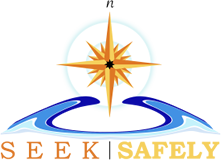
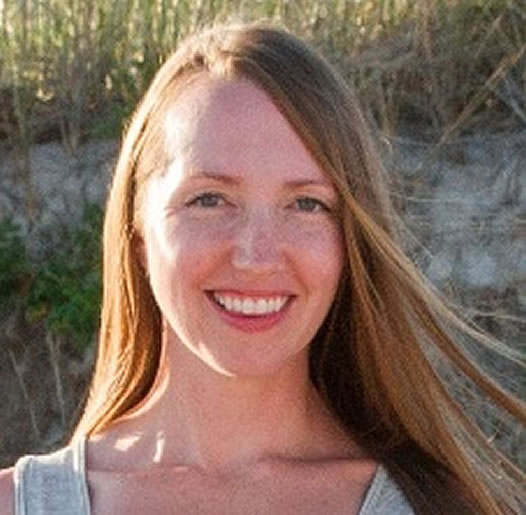
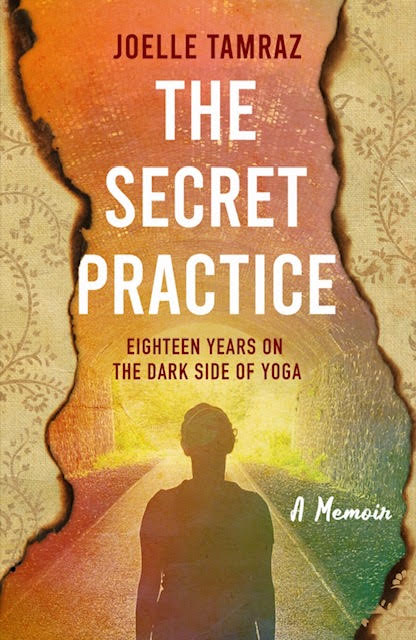


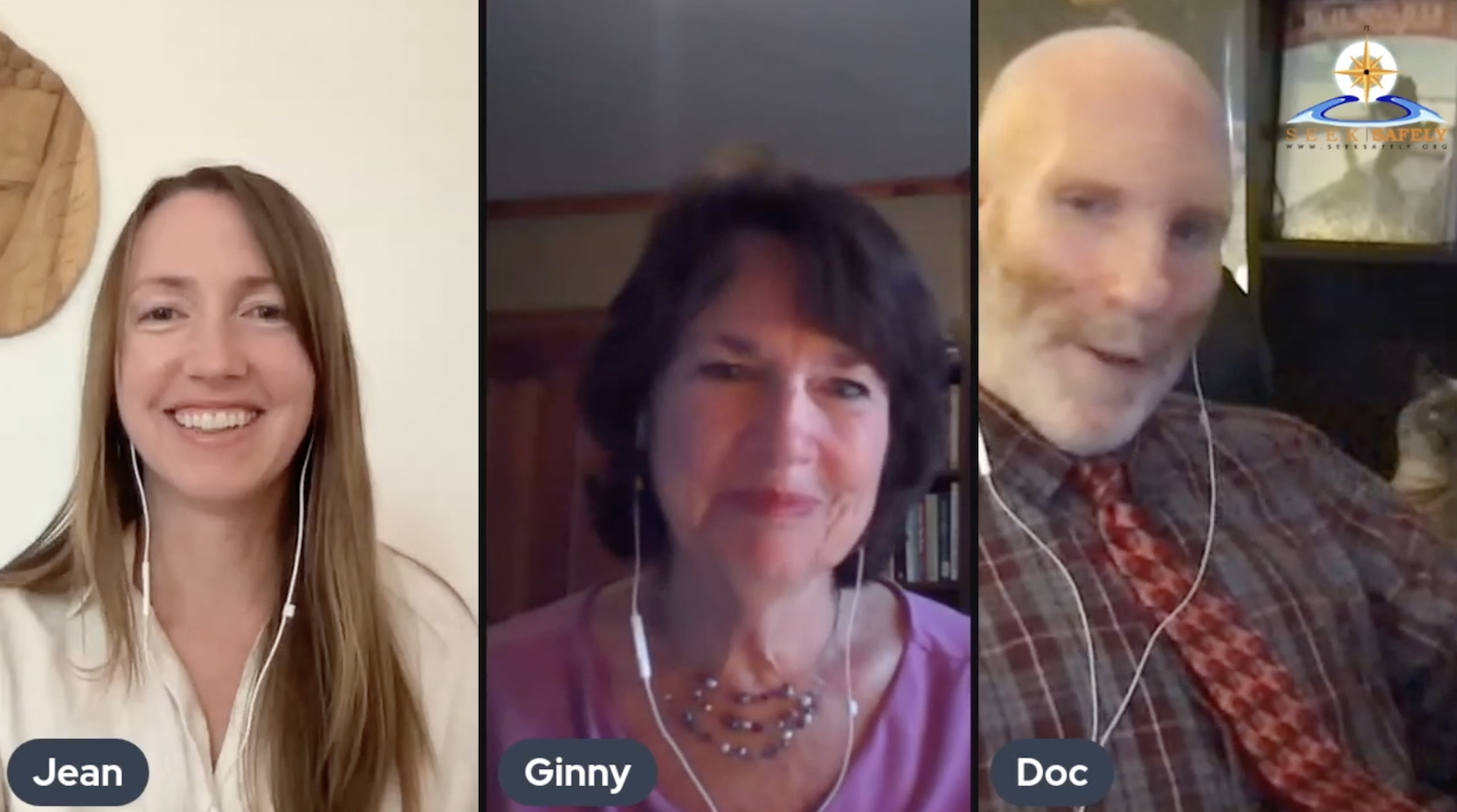
Dr. Doyle is the real thing. He saved my life!!
what a wonderful honor. I read THE DOC every day. His no-psycobabble approach is refreshing.
I read all Dr Glenn Doyle’s posts on Facebook. After losing my beloved husband not so long ago – and having suffered periodically from depression – I’ve found his suggestions and outlook so very positive and helpful !!!
Dr Doyle is a amazing human. He has the best sense of humor and loving compassion for those who are suffering from any addiction or trauma. I’ll trust him with my life. He has given me so much, including a reason to get better.
Docs advise is practical and reality based as opposed to philosophical and useless. I look forward to his daily dose of skill and tools for daily life
Thanks so much Glenn for joining our Board. I know your influence will help us reach a larger audience and your experience will expand our educational efforts. You are a true Champion of safe and effective Self-help!
You have a good balanced outlook on self help. Hopefully, your involvement with SEEK Safely will help promote that balance for all.